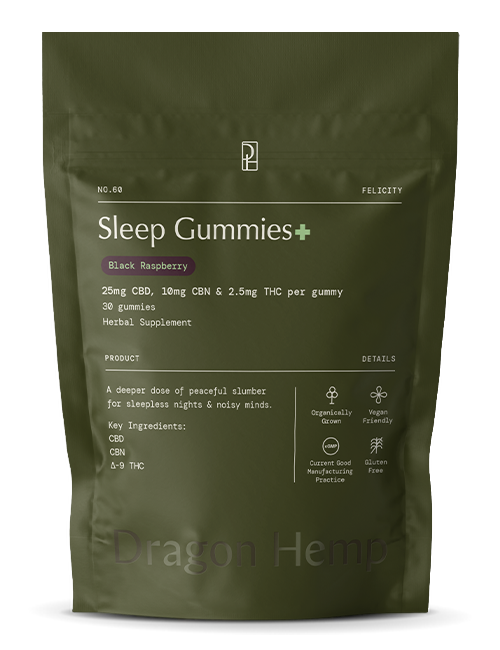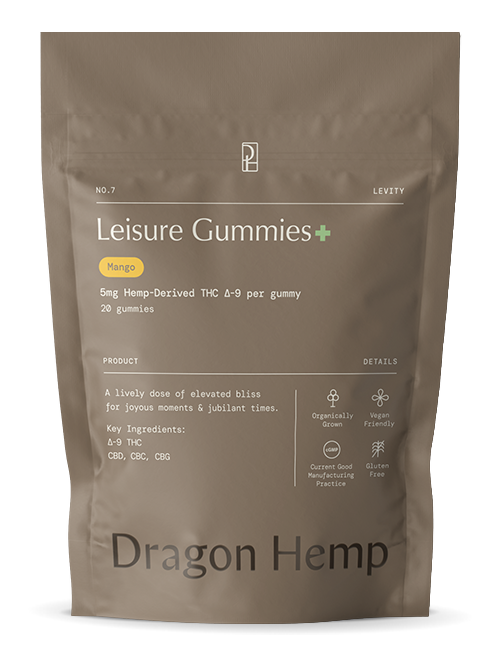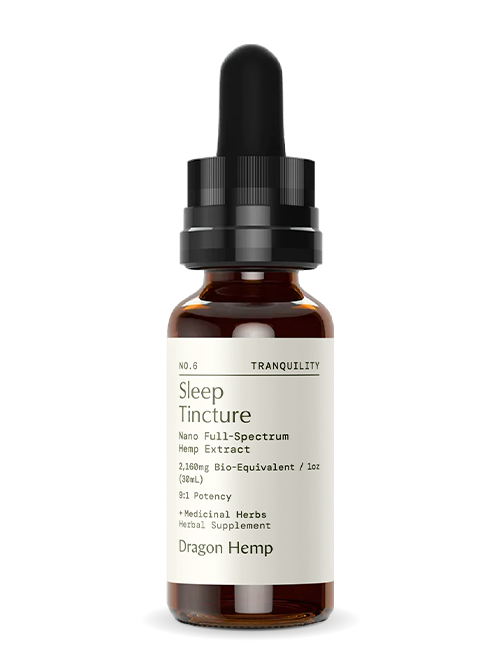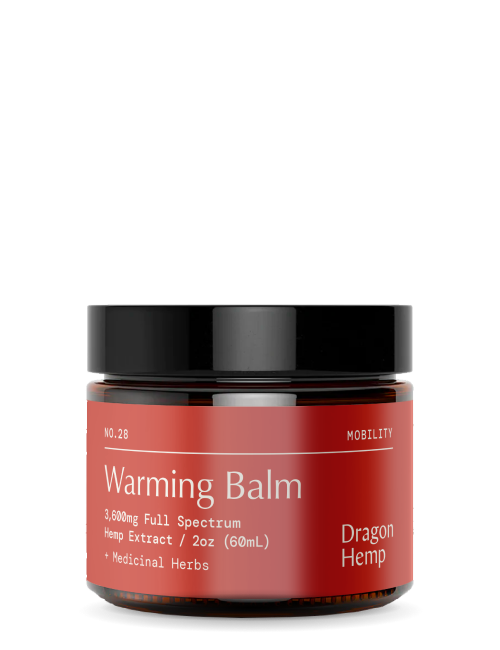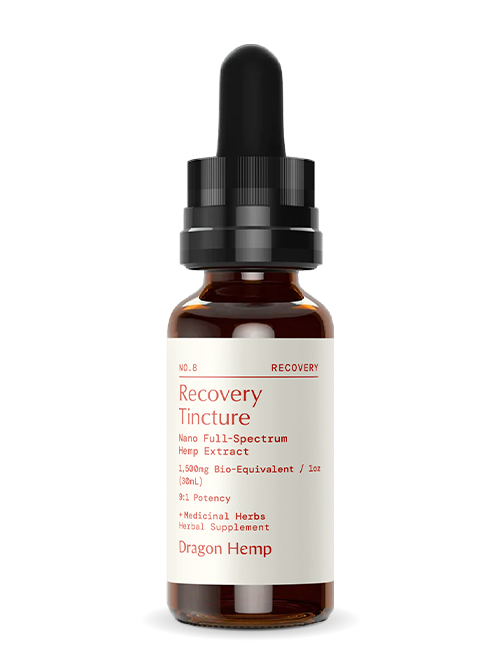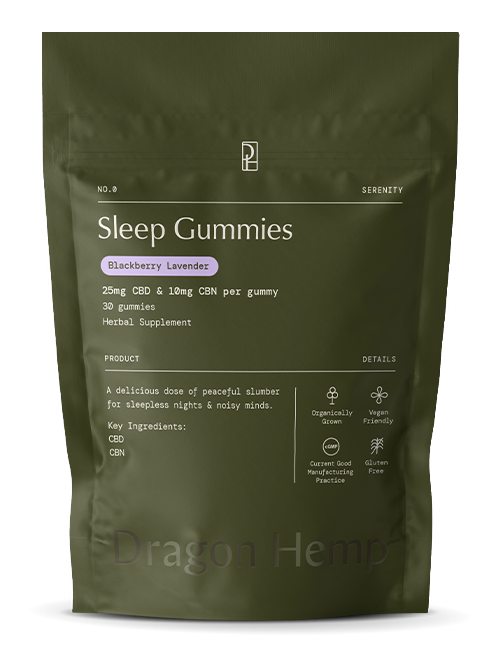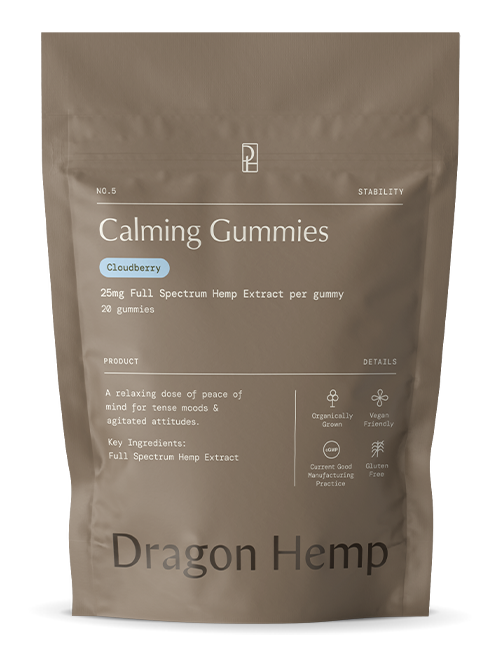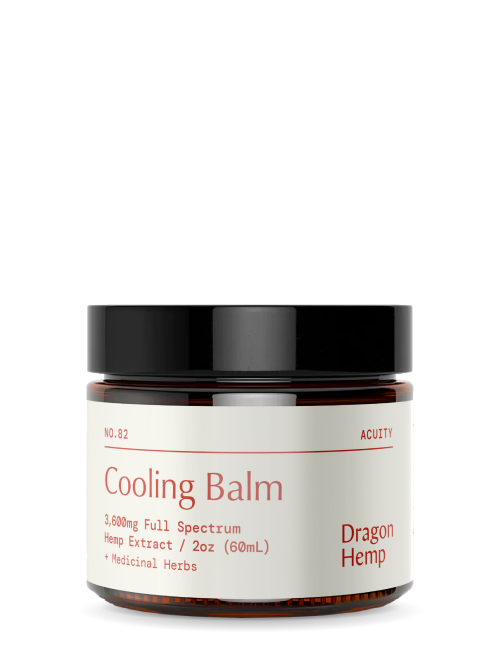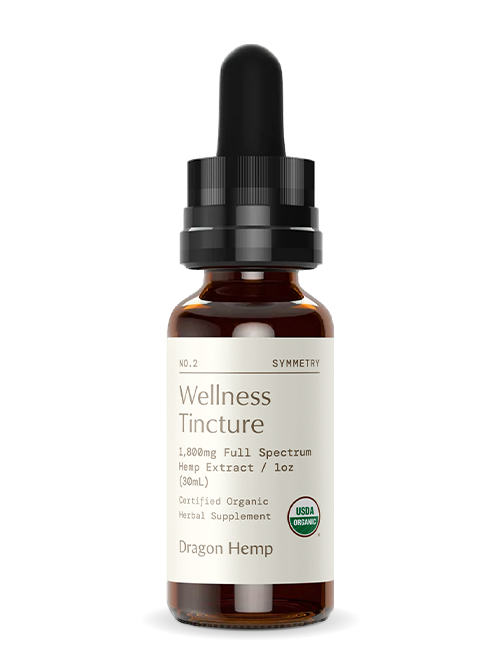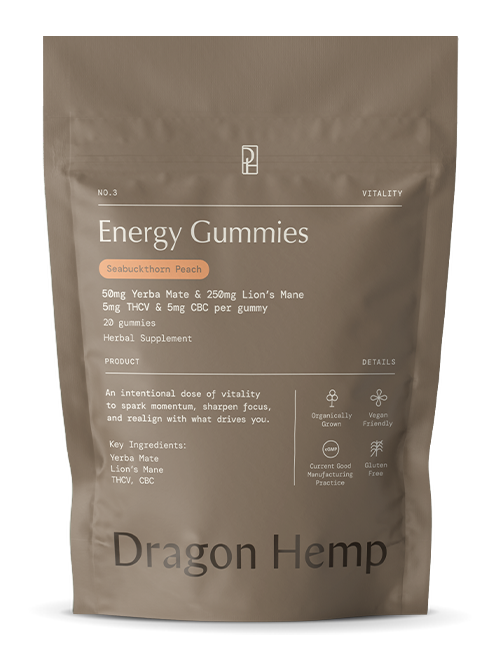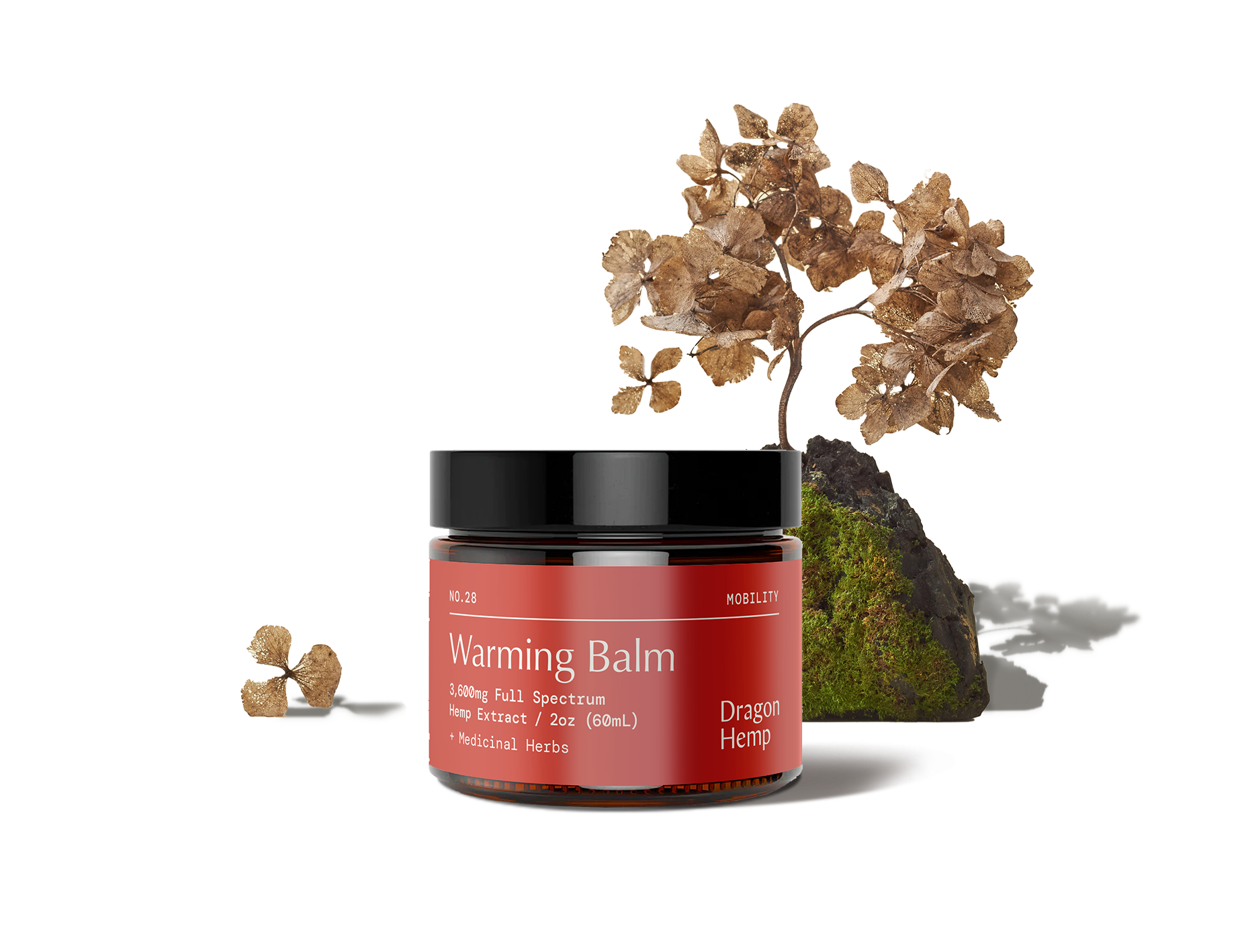
What is THCV? THCV vs. THC
New cannabinoids have become widely available in recent years thanks to the 2018 Farm Bill and those who use them have diversified from CBD-only products to support their personal wellness goals, including newer psychoactive cannabinoids like THCV.
Tetrahydrocannabivarin, known as THCV, is a cannabinoid that can be found in hemp. It is fairly similar to regular THC (Delta-9 THC) but has slight differences in structure that make it act differently in the nervous system.
We’ve gathered some of the most important things to know about this cannabinoid, from its potential benefits, to how it can support different wellness goals compared to THC. So let’s learn about some of the most important properties of THCV and how it differs from the more commonly known THC.
Key takeaways
- THCV is a natural cannabinoid that is similar to Delta-9 THC.
- This cannabinoid is federally legal as long as it is hemp-derived, but this status in the future could change if the Analogue act adds it to its list.
- Animal studies on THCV have found that it can suppress appetite when used in minor doses.
- THC and THCV are pretty similar when consumed in larger doses, but THCV still has fewer psychoactive properties and side effects.
What is THCV
Let’s start with the basics. THCV is a cannabinoid naturally found in hemp. This compound is an analog of Delta-9 THC, which basically makes similar molecules except for the carbon chain on both ends.
This might sound simple on the surface, but these two cannabinoids have completely different parent molecules. While Delta-9 THC with other major cannabinoids like CBD and CBC comes from Cannabigerolic Acid (CBGA), THCV comes from the parent molecule cannabigerolic acid CBGVA.
Most cannabinoids take a similar pathway when interacting with our bodies, either by binding to proteins or working around the body’s CB1 and CB2 receptors. THCV can act pretty similar to Delta-9 THC, but in lower doses, it might even work as an antagonist of the CB1 receptor (more on this below).
Besides being a hemp-based alternative to Delta-9 THC, this cannabinoid has potential effects, like suppressing appetites, supporting metabolic diagnoses, and even aiding with motor function. We’ll delve into this in the next section.
Potential benefits of THCV
Users have sought out THCV thanks to several potential benefits. While much research is still needed, there is scientific evidence that this cannabinoid could be helpful for certain ailments or supporting specific wellness goals. Let’s quickly check some of them.
Anti-inflammatory Properties
One of the main reasons that users choose THCV over other cannabinoids is its potential anti-inflammatory properties. While inflammation is a natural response of our body to fight back infections and injuries, some diagnoses and temperature changes might make daily life a little bit harder.
This 2010 study found that THCV could decrease inflammation and pain in animal studies. The researchers noted that this possibly happens thanks to the interaction with the endocannabinoid system. But much more research needs to be conducted, especially in human trials, to confirm these findings.
May aid motor function
Motor control and seizure prevention are other properties that users and researchers have looked upon THCV and CBD. Some studies have shown evidence of its efficacy, like this 2010 in vitro study of THCV exhibited antiepileptic and neuroprotective properties.
Further clinical trials would be needed, but overall, insights from other experimental studies suggest that THCV could support certain neurological disorders symptoms and help with neuroprotective effects.
Mood elevation
Another reason why THCV has piqued the interest of hemp consumers is its potential to help with mood. Thanks to its relaxation and mildly psychoactive properties, anecdotal evidence from users suggests it could elevate your mood.
Some anecdotal evidence suggests that strains with higher THCV content are Sativas. However, this has not been substantiated by rigorous study.
Can enhance focus
Users have described using THCV as uplifting, helping with concentration, energy boosing, and even helping to enhance creativity. These, with added relaxation, could lead this cannabinoid to have a “tunnel effect”.
This effect basically helps you feel extra tuned to specific tasks. Much like CBD has helped with focus, THCV could also hold this potential thanks to its antagonist relationship with the CB1 receptor.
THC vs THCV as a psychoactive
THC has a stronger affinity to both CB1 and CB2 receptors. On the other hand, while THCV is only an antagonist of CB1 receptors, it offers a similar experience to Delta-9 THC when talking about its psychoactive properties.
While this is still being researched by the scientific community, it appears that THCV can stimulate psychoactive effects in really high doses. Another important thing to consider is that non-hemp-derived Delta-9 THC is still illegal, while most THCV is hemp-derived in most products because Delta-9 THC has a significantly more psychoactive effect.
THC vs THCV for pain relief
Delta-9 THC has both analgesic and anti-inflammatory properties that may help alleviate certain pain symptoms, while THCV mostly works on inflammatory reduction.
Further study would be needed to determine the effectiveness of both, but for now, we can say that Delta-9 THC holds the potential for a wider range of relief, but also comes with greater psychoactive side effects.
How THCV differs from THC
While both compounds naturally occur in cannabis plants, they have slight differences in their chemical structure. This slight difference changes how they interact with our endocannabinoid system, which all comes down to the additional carbon chain from Delta-9 THC.
As we mentioned above, THCV also affects the endocannabinoid receptors. However, unlike regular THC, it could have the counter-effect to what people call the “munchies”. This means it could suppress appetite instead of instigating it.
Lastly, THCV is believed to form weaker bonds when interacting with our endocannabinoid system. While this compound might be fairly weaker in the psychoactive department, that could also mean it is easier to microdose and use to achieve wellness goals.
Is THCV Legal?
The answer to this is a little complicated. While similar to Delta-9 THC, THCV is a different substance and is not prohibited under the Controlled Substances Act. However, what puts it apart from other hemp-derived cannabinoids is the Federal Analogue Act.
This law could consider THCV to be structurally similar to Delta-9 THC. Some states are currently in a gray area as well with hemp-derived cannabinoids, but as of now, it is completely legal as long as it is hemp-derived.
Thanks to the 2018 Farm Bill, hemp-derived products complying with the standard of less than 0.3% of Delta-9 THC in their content are available to the public. Just make sure to check the products you buy and look into your state’s status on cannabinoids using resources like this one here.
If you’ve wanted to try legal THCV, you might want to try a product like our Energy Gummies.
These gummies are great to potentially uplift your mood. The edibles come in a 30-pack and have each 5mg of CBC and 5mg of THCV per gummy, perfect for microdosing or enjoying during a relaxing day.
All of these hemp-derived edibles are fully vegan, organic, and low-sugar, meaning they could fit most diets out there. You can learn more about them at our store here.
Feel like yourself again.
Peruse our collection of plant-based therapeutics blending time-honored herbal remedies with next-generation cannabinoid extracts.







